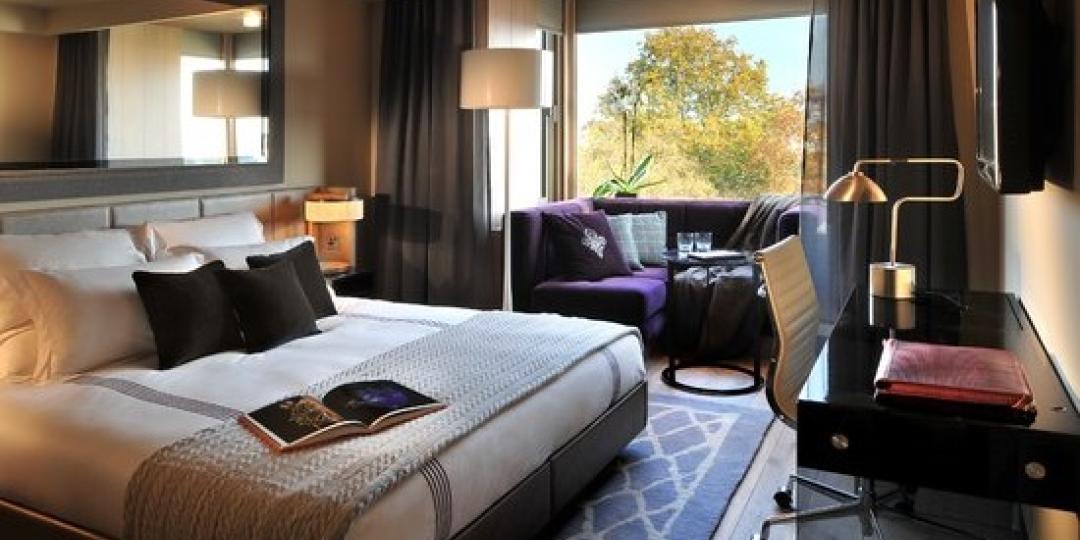In the Stats SA preliminary tourist accommodation findings for May 2020, total income for the tourist accommodation industry decreased by 98% in May compared with the same period last year. This is due to the COVID-19 pandemic and lockdown restrictions in place across the country since March 27.
The results are devastating for an industry already coping with business foreclosure and significant job losses.
“We did not need these statistics to tell us what we already knew,” says Lee Zama, CEO of the Federated Hospitality Association of South Africa (FEDHASA). “They do, however, add to the evidence of what we have presented. I hope the people who are supposed to advocate for the industry to open are paying attention to these.”
Despite President Cyril Ramaphosa saying on June 17 that there would be an easing of restrictions on certain economic activities such as accredited and licensed accommodation, with the exception of home-sharing accommodation, sadly there has been no easing whatsoever, says Lee. “So for 120 days or more, accommodation establishments have had virtually no income and only a few have seen a trickle of business travel since June.”
The Stats SA release says income from accommodation decreased by 98,5% year-on-year in May, the result of a 98% decrease in the number of stay unit nights sold and a 24,2% decrease in the average income per stay unit night sold.
In May, all accommodation types recorded large negative year-on-year growth in income from accommodation, it adds. Income from accommodation decreased by 77% in the three months ended May 2020 compared with the three months ended May 2019. According to the preliminary figures, income from accommodation (excluding restaurant, bar sales and other income) for the total sector at current prices for May 2020 was R26.8m (€1.3m) as opposed to R1 750.5m (€90 902)for May 2019.
City Lodge Hotel Group’s (CLHG) coo, Lindiwe Sangweni-Siddo, agrees that the latest statistics are a sad confirmation of how bleak the picture looks and how dire the consequences have been on the tourism industry.
“This is not a sustainable situation. For CLHG, any income over this period came from quarantine travellers being repatriated back to South Africa, stranded international travellers, essential service workers and limited business travellers. It has not shifted the needle at all.”
She says the President has spoken of the fine balance between lives and livelihoods. “Indeed, it is important to recognise that, as the number of COVID-19 positive cases and deaths increase exponentially in South Africa, we need to ensure that livelihoods must also take centrefield in the tourism industry.”
There are parts of the sector that can reopen responsibly and with strict adherence to safety and hygiene protocols without further endangering the lives of people, continues Sangweni-Siddo.
“These protocols are in place and the tourism industry has worked on this together to ensure full compliance and adherence for the safety of staff and guests alike.”
Currently the accommodation sector is solely dependent on essential service workers and a few business travellers, she adds.
“The opening of leisure travel intra-provincially would have a real positive impact on accommodation if it were permitted by government.”























